I want to show the huge performance differences between the using with 2 types of USER DIFINED FUNCTIONS:
- User TABLE function
- User SCALAR function
See the test example :
use AdventureWorks2012
go
-- create table for the test
create table dbo.FindString (ColA int identity(1,1) not null primary key,ColB varchar(max) );
declare @text varchar(max) = 'A web server can handle a Hypertext Transfer Protocol request either by reading
a file from its file ; system based on the URL <> path or by handling the request using logic that is specific
to the type of resource. In the case that special logic is invoked the query string will be available to that logic
for use in its processing, along with the path component of the URL.';
-- init process in loop 1,000,000
insert into dbo.FindString(ColB)
select @text
go 1000000
-- use one of the scalar function from the answers which post in this thread
alter function [dbo].[udf_getCleanedString]
(
@s varchar(max)
)
returns varchar(max)
as
begin
return replace(replace(replace(replace(@s,'/',''),'-',''),';',''),'"','')
end
go
--
-- create from the function above new function an a table function ;
create function [dbo].[utf_getCleanedString]
(
@s varchar(255)
)
returns table
as return
(
select replace(replace(replace(replace(@s,'/',''),'-',''),';',''),'"','') as String
)
go
--
-- clearing the buffer cach
DBCC DROPCLEANBUFFERS ;
go
-- update process using USER TABLE FUNCTIO
update Dest with(rowlock) set
dest.ColB = D.String
from dbo.FindString dest
cross apply utf_getCleanedString(dest.ColB) as D
go
DBCC DROPCLEANBUFFERS ;
go
-- update process using USER SCALAR FUNCTION
update Dest with(rowlock) set
dest.ColB = dbo.udf_getCleanedString(dest.ColB)
from dbo.FindString dest
go
AND these are the execution plan :
As you can see the UTF is much better the USF ,they 2 doing the same thing replacing string, but one return scalar and the other return as a table

Another important parameter for you to see (SET STATISTICS IO ON ;)



